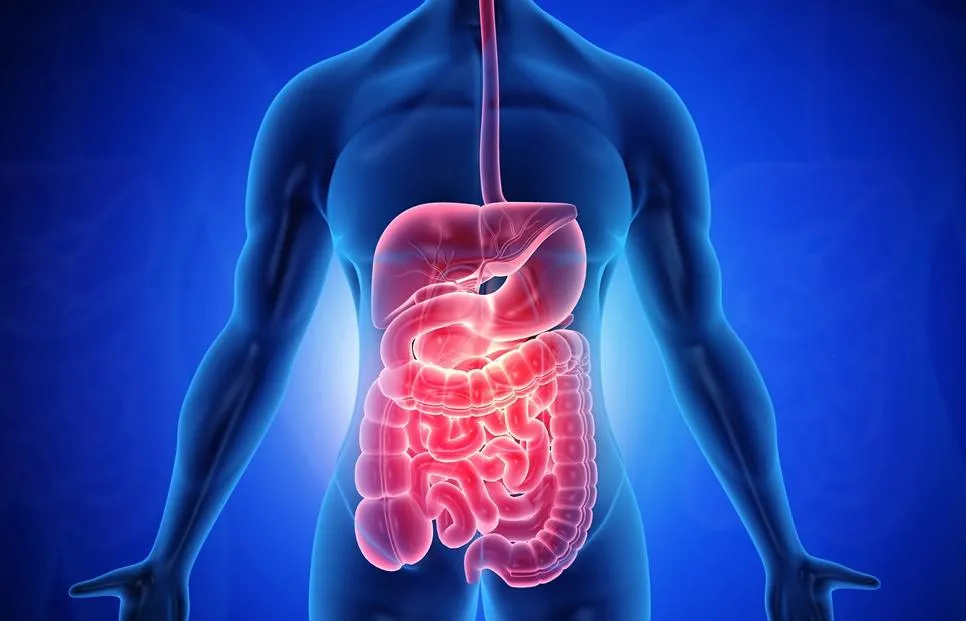
Why Exercise Is Good for Your Digestive System
Millions of people struggle with digestive problems like bloating, constipation, and acid reflux. Often, people turn to medications and dietary changes to remedy the issue. However, physical exercise is increasingly recognised as an effective way to support your digestive system.
Exercise isn’t just about building physical fitness or shedding extra pounds. Just a few hours of exercise per week can leave you fitter, happier, and digestively healthier than before. You’ll might also even experience fewer digestive and regurgitation symptoms.
But why is exercise good for your digestive system? And what exercises help to improve digestion? Find out below.
Why Exercise Is Good for Your Digestive System
In the modern world, we spend too much time eating poor quality food and sitting in a sedentary position. The result? Our digestive systems move at a glacial pace, causing all kinds of problems.
Exercise gets the blood pumping and gut moving. Simply jogging, lifting weights, doing yoga, or any other kind of exercise stimulates the digestive tract and speeds up transit times. Part of the mechanism is increased blood flow to the gut. This helps with nutrient absorption, ensuring you get everything you need from your diet.
In a 2020 study, obese patients were put on a sports training program. After 12 weeks, the training group saw improvements in cardiac and digestive markers, indicating that even simple exercises can reduce the risk of digestive diseases.
Exercise Improves Mood — and That Helps Your Diet Too
It’s not just about how exercise affects your gut physically. It also changes the way you think, eat, and feel.
Routine exercise boosts endorphins and serotonin — the brain’s feel-good chemicals. That lifts your spirits and increases your motivation. People who exercise consistently are (unsurprisingly) more likely to eat nutritious, unprocessed foods, lowering the risk for indigestion, acid reflux, and constipation.
What Exercises Help to Improve Digestion
People often assume that exercise means a gruelling 10-mile run or an intense weightlifting session. Those are great. However, you can still see results from more gentle exercises.
Try these options:
Walking After Meals. Going for a gentle stroll after a meal is one of the easiest and most effective ways to improve digestion. It’ll trigger your body’s natural gut motility, helping you to digest your food.
Yoga. All those twisting postures and rapid changes between poses help massage the digestive organs and get your blood pumping. Poses like Seated Twist, Cat-Cow, and Child’s Pose are particularly helpful.
Cycling and Swimming. Low-impact cardio like cycling and swimming is excellent for your gut. Cycling, in particular, targets your core muscles — even a 20–30-minute ride can make a big difference. Swimming helps boost circulation and stimulate the gut. The horizontal position can also relieve pressure on the abdomen.
Pilates and Core Workouts. If you want to directly target your core muscles, do it. It’ll improve posture and abdominal tone. That can help with digestive issues like bloating.
Tai Chi and Qigong. For older adults, it might not be possible to do most exercises. These options involve slow, flowing movements that are great for individuals with chronic digestive problems.
Long-Term Benefits for Digestive Health
Exercise isn’t a quick fix. While you’ll notice some tangible improvements within the first few weeks, the real benefits are long-term. Staying fit and healthy means disease prevention.
You’ll see a significant drop in constipation, bloating, and sluggish digestion after a few weeks or months. The more exercise you do (and the healthier you eat), the greater the benefits. Most people experience a complete transformation in their bowel habits.
It can also reduce your risk of digestive conditions, such as IBS, GERD, and diverticulitis, by promoting a healthier weight, enhancing gut motility, and fostering a more beneficial gut microbiome. Regular movement may also help reduce low-grade inflammation throughout the digestive tract. And for those with stress-related gut issues, exercise can play a key role in breaking the cycle of tension and flare-ups.
When to Be Cautious
You still need to be careful though. High-intensity workouts can worsen some cases of reflux and IBS — especially if you’re increasing abdominal pressure. Listen to your body, avoid intense movements directly after eating, and always stay hydrated.
If your symptoms persist despite making lifestyle changes, it’s worth consulting with a doctor. Look out for regurgitation symptoms, sudden weight loss, and blood in your vomit or stool.
The Functional Gut Clinic offers specialist advice and testing for people with persistent digestive issues. If you’ve got long-term reflux or regurgitation symptoms, we can help you find an answer.
Visit our regurgitation symptoms page to learn more.

